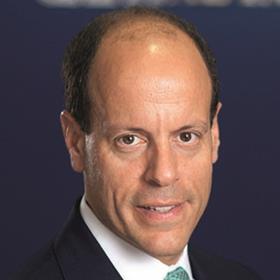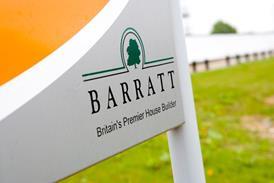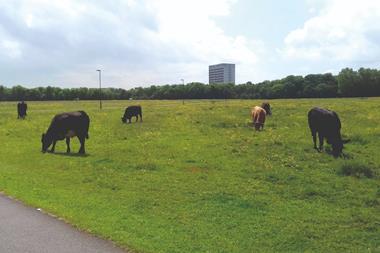At the start of the year, I shared my thoughts in this magazine about what lay ahead for property. I felt excited by what a new majority government meant for investor confidence. The industry, it seemed, was starting the new decade with renewed vigour.

At the end of January, in a speech at a real estate conference in New York, I mentioned the risk of the virus in Wuhan to a sceptical US crowd. But nobody in real estate could have predicted – or crucially, underwritten – the impact it might have.
Things have changed significantly since March, professionally and personally. For me, the watershed moments have been losing many members of our community, attending funerals via WhatsApp and spending the first Passover in decades without my close network of family and friends.
Now, as lockdown eases, we are wondering how to resume some kind of normality. For many, this will feel hugely daunting, as the basis on which we understand, value and operate has changed and we don’t yet have a clear answer on what will remain from the ‘old world’ and where we must start from scratch.
I started my career in 1988 in the US property downturn, came to London in 1992 during the UK housing crash, started Patron in 1999 following the crisis sparked by the collapse of Long Term Capital Management, and worked with a great team through the 2008 global financial crisis (GFC) to invest more than €4bn in distressed assets. So I’ve learned some key lessons about working in tough environments.

First, while the circumstances of the pandemic and impact on real estate are unique, they are by no means the only challenge we have faced. Whether the GFC or Brexit, or structural trends in society, real estate has had to evolve considerably in the past 20 years.
Take retail. The question mark over it now has been there for a while, with the growth of brands online and CVAs in the UK becoming more relevant. Some retailers and landlords have evolved to meet the challenge while others have failed.
Learning to adapt and looking back on past experiences, particularly mistakes and failures, is crucial. This pandemic might not be the sector’s fault, but it should be treated as a learning opportunity. To move forwards, you must learn from what you’ve been through.
Second, if we want to return to the level of market buzz we saw at the start of the year, we need to do so gradually and understand what is needed to get there incrementally. I’m a keen climber, but try not to think about the summit when I’m on the mountain. You need to break it down to what you need to do to reach each pitch, and each small success takes you further along the path to the ultimate goal. We will return to normality, but not overnight.
Finally, despite a challenging environment, it is important to understand and engage with risk. One novelty of lockdown was recording my first podcast interview, in which I was asked about the relationship between my work and enjoyment of extreme sports. For me, it’s about developing the skills and confidence to take calculated risks and reap the rewards.
We are in unprecedented times, but the fundamentals of overcoming challenges rarely change. We’re ready.
Keith Breslauer is managing director of Patron Capital






























No comments yet